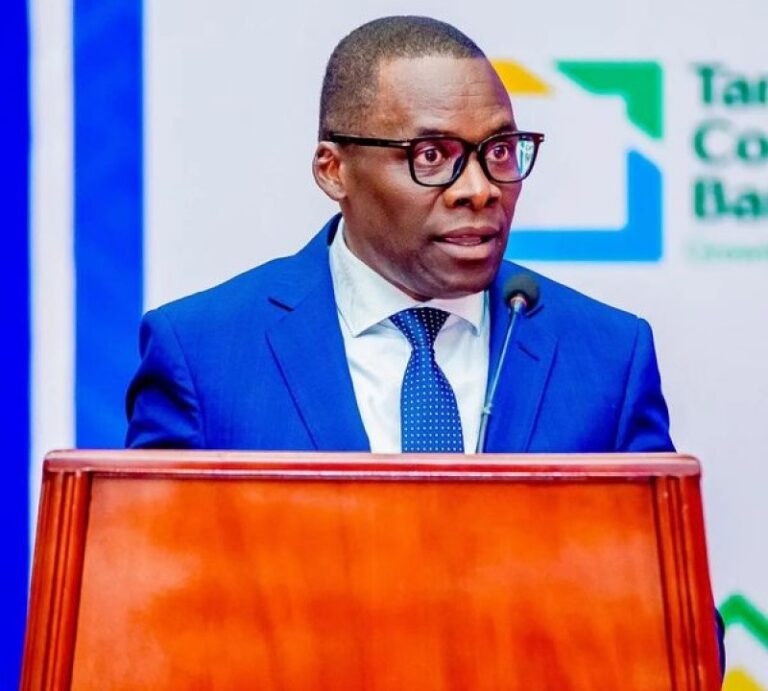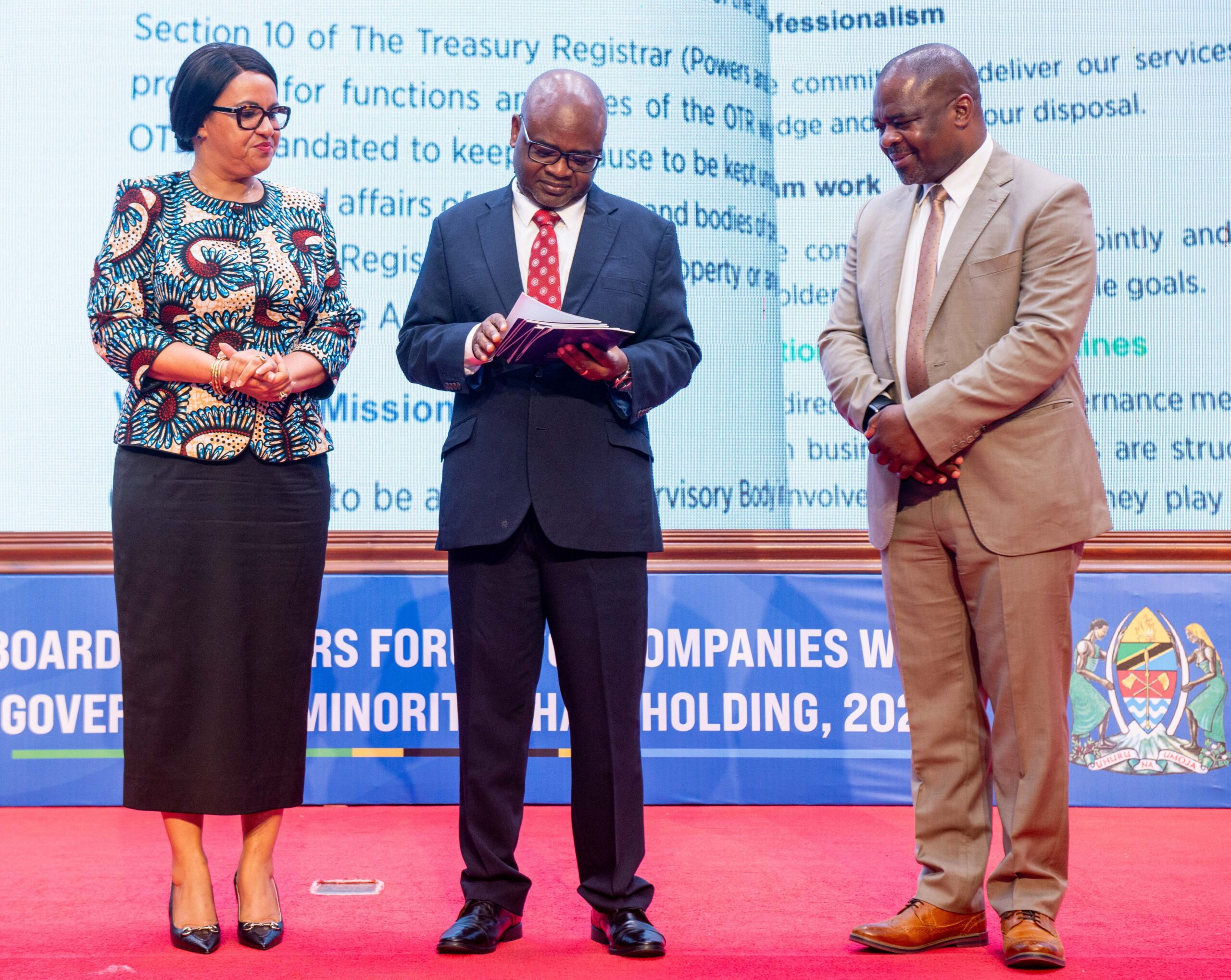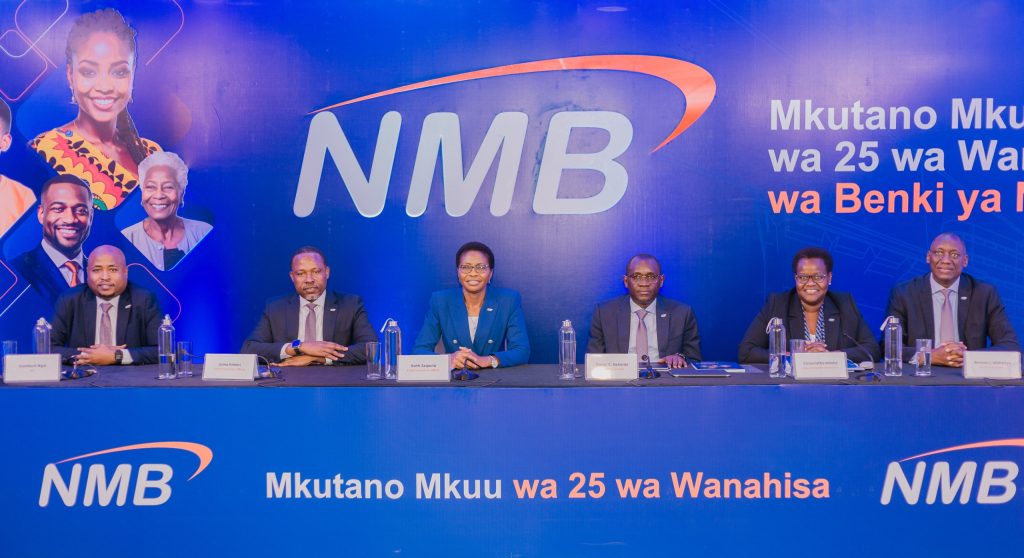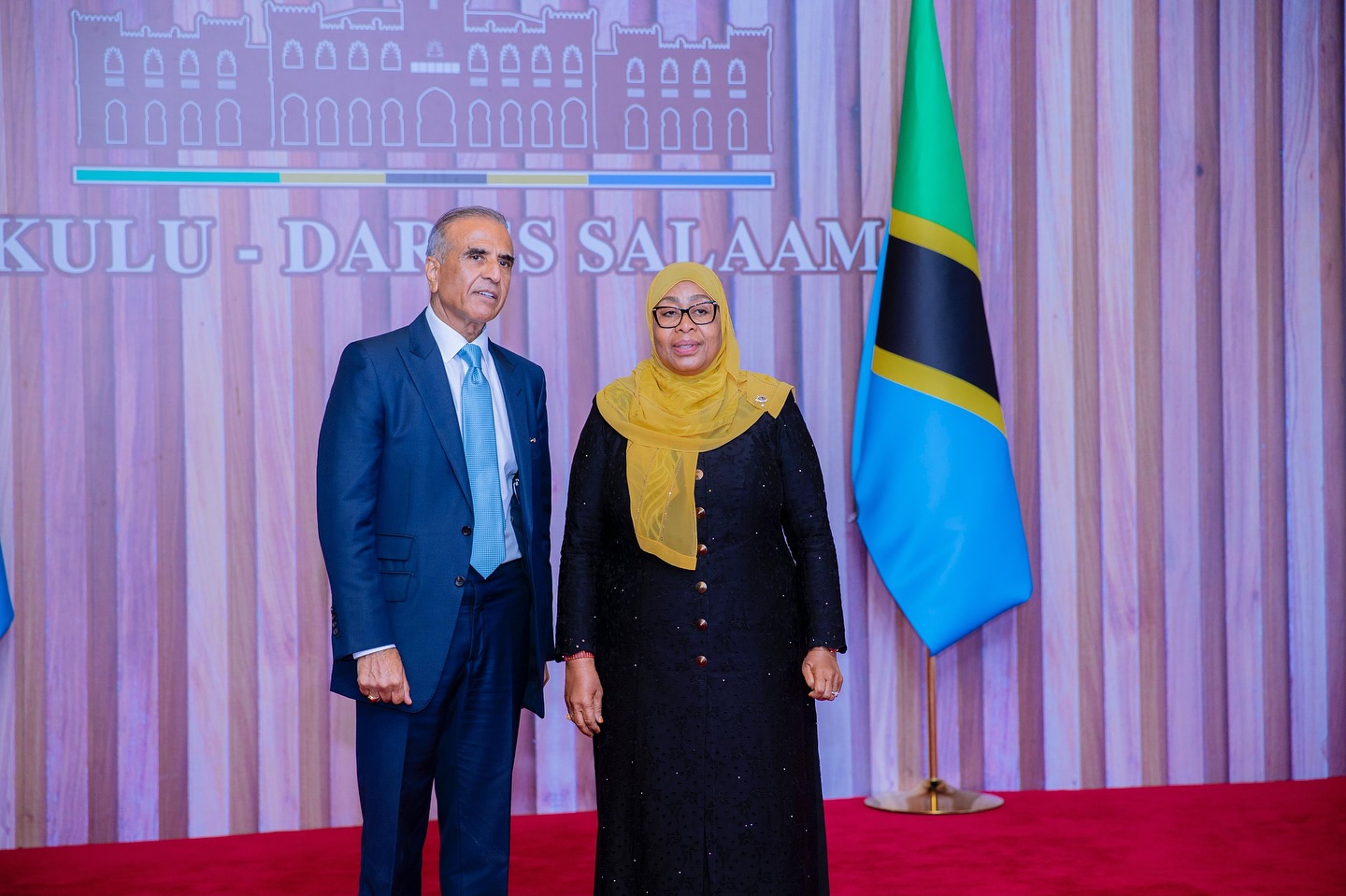Dar es Salaam. The Chief Secretary, Ambassador Dr Moses Kusiluka, is set to officiate the opening of a four-day leadership training programme next Monday, targeting chief executives (CEOs) from public institutions, agencies and government-owned corporations.
The training, scheduled to take place from July 28 to 31, 2025, at the Mwalimu Nyerere Leadership School in Kibaha, Coast Region, is jointly organised by the Office of the Treasury Registrar and the UONGOZI Institute.
According to officials, the primary goal of the programme, known as the CEOs Induction Programme, is to equip both new and previously untrained chief executives with the knowledge and leadership skills required to execute their responsibilities with professionalism and integrity, in line with principles of good governance.
The CEOs Induction Programme addresses a critical capacity gap in Tanzania’s public sector leadership.
Many executive appointments are based on technical expertise or political credentials, but governance, institutional accountability and strategic leadership often require structured onboarding.
By institutionalising this training, the government is ensuring a more consistent and performance-oriented leadership culture across public entities.
Speaking ahead of the training on Thursday, Treasury Registrar Mr Nehemiah Mchechu said the initiative reflects the strong commitment of the Sixth Phase Government under Her Excellency President Dr Samia Suluhu Hassan to ensure that public leaders understand their roles and deliver results in the institutions they lead.
“This training is aimed at enhancing productivity and operational efficiency within public institutions. It is part of a continuous capacity-building programme,” said Mr Mchechu.
Continuous learning is essential in a rapidly evolving policy and economic environment.
The shift from one-off workshops to an ongoing programme signals a systemic approach to leadership development.
It also aligns with international best practices, where induction and refresher training are standard components of executive accountability frameworks in the public sector.
The first session of this programme was held in October 2024, and its continuation this year demonstrates the government’s strategic approach to strengthening leadership in the public sector.
Mr Mchechu added that the training initiative is one of many steps his office is taking to implement President Samia’s vision and the national transformation agenda encapsulated in the 4Rs philosophy, Reconciliation, Resilience, Reforms and Rebuilding.
“In this programme, we are focusing on two of the four Rs: Reform and Rebuild. Our priority is to strengthen the capacity of chief executives so they can lead public institutions more effectively,” he explained.
Reform and Rebuild are inherently linked to institutional sustainability.
Reform enables the dismantling of inefficient systems, while rebuilding emphasises re-establishing structures with accountability, transparency and effectiveness.
Embedding this thinking at the CEO level is crucial for driving top-down change and aligning institutions with national goals such as Vision 2050 and the Five-Year Development Plan.
The Office of the Treasury Registrar currently oversees 308 entities, including 252 public entities and 56 companies in which the government holds minority shares.
The total government investment in these entities stands at Sh86.25 trillion, Sh83.33 trillion of which is invested in public institutions, government agencies and corporations, while Sh2.92 trillion is invested in companies where the government holds minority ownership.
With over Sh86 trillion in investments at stake, ensuring competent and ethical leadership is not just desirable, it is imperative.
This level of public capital exposure demands leaders who can navigate complex governance landscapes, mitigate risks and drive institutional performance with measurable outcomes.
This capacity-building initiative is expected to significantly contribute to better governance, stronger accountability and increased performance in public service delivery across Tanzania.







